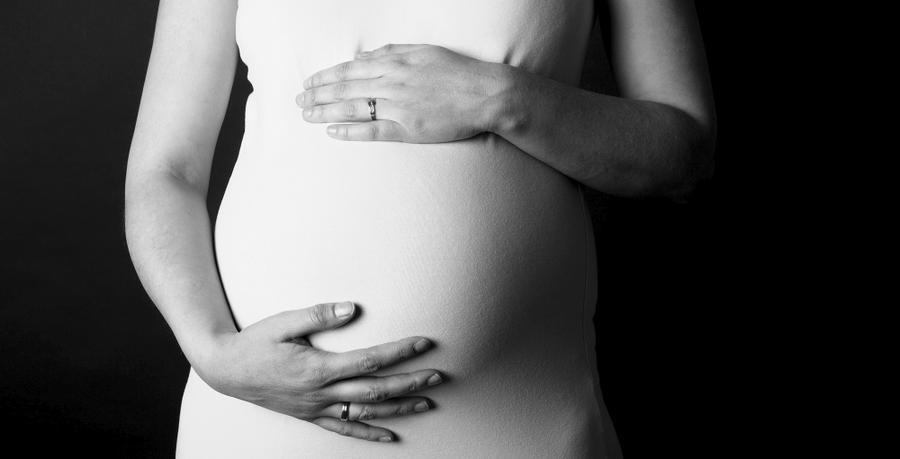Missouri legislators are considering making it a felony if a woman uses narcotics or controlled substances while pregnant. The proposed bill would create the crime of abuse of an unborn child.
HB 1284, proposed by Rep. Jered Taylor, R-Nixa, would make it illegal for any person that ingests, injects, consumes, inhales or otherwise uses a narcotic drug or controlled substance without a legal prescription from a doctor during pregnancy.
If the baby is born addicted to a narcotic drug or controlled substance, it would be a class C felony, which carries a prison sentence between 3 and 10 years. If the baby dies as a result of the substance use, it would be a class B felony, which carries a sentence between 5 and 15 years.
“It is true that a fetus can become addicted to narcotics if used repeatedly during pregnancy,” said David Crane, who has been practicing medicine in Missouri for 15 years. “The fetal-maternal circulation is shared, and while in utero, the mother’s liver does most of the detox work for both mother and fetus.”
When narcotics or opioids are taken regularly (like codeine, hydrocodone or oxycodone), the narcotic receptors increase to handle the load in both mother and fetus, Crane said.
“When the narcotics stop for the fetus at birth, the normal endogenous receptors, what we make in our own body, is not enough to saturate the receptors that have been produced and withdrawal develops,” he said.
The problem might be more common than assumed, Crane said. During his residency in Phoenix, he said “approximately one in 10 mothers had a substance abuse problem.”
In 2006, 467 births in Missouri occurred in which the mother reported drinking during pregnancy, according to the Missouri Department of Mental Health.
To determine whether or not a woman has used narcotics during her pregnancy, medical professionals look for the typical signs of narcotic overdose, which are pinpoint pupils, apnea or shallow inadequate breathing, and sluggish or slurred speech.
“There are very few conditions that require repeated prescription narcotic use during pregnancy,” Crane said. “Frankly, then, any newborn with withdrawal would be extremely suspicious for abuse.”
Students have mixed feelings about the bill. MU junior Maddy Hoke said she thinks the bill is justified.
“I feel like this is great because it’s not fair to knowingly harm a child,” Hoke said. “If you have the intention of carrying the child to term then you shouldn’t be endangering the life of the child. You shouldn’t take (narcotics) while you are pregnant.”
Hoke said the bill should also include alcohol.
However, graduate student Jolie Mandelbaum said, the punishment is very ineffective.
“Jail is the worst thing you can do to protect an unborn child,” Mandelbaum said. “Offering them rehab if they test dirty is better — send them to someone who can actually solve the problem. The way to fix it is by offering them help and not punishment.”
Imprisonment will not help a drug-abusing mother, she said.
“I understand that drug addiction does not happen in a vacuum; there’s no woman that wakes up and says, ‘I want to torture my child,’” Mandelbaum said. “It happens in the context of addiction, poverty and psychological stressors.”
The first hearing for this bill took place April 13, and the other hearings have yet to be determined.








